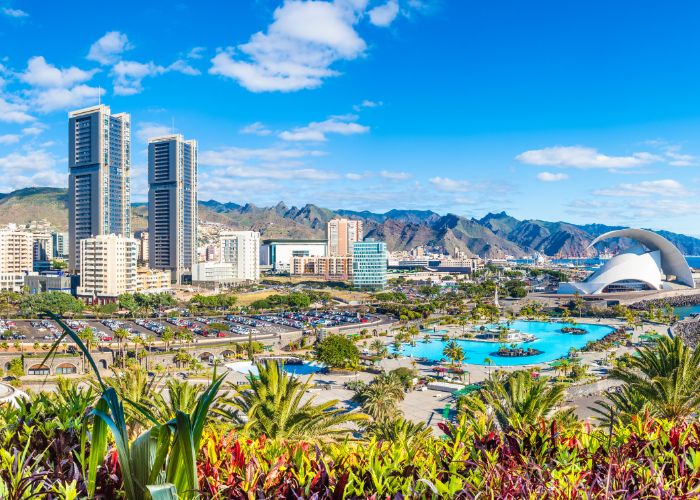LAS PALMAS DE GRAN CANARIA – About 30% of the houses in the Canary Islands are bought by foreigners. The increased foreign investment has led to a spike in prices. As a result, residents have difficulty finding affordable housing.
Only in the Balearic Islands do foreigners buy more houses compared to the local population (34%). The figures are provided by the Board of Registrars and published in El Confidencial. Moreover, the majority of foreign buyers in the Canary Islands come from the United Kingdom, Germany and France. The report also shows that many of these foreign buyers are buying second homes. Therefore, they use this as a holiday residence or as an investment opportunity.
Related post: Foreigners are buying more houses in Spain than ever
The influx of foreign buyers has led to a significant increase in property prices in the archipelago. The average price of a home here has increased by 10% in the past year. Furthermroe, these price increases put pressure on local residents in their search for affordable housing.
Priced out of the market
Residents of the Canary Islands have expressed their frustration with the situation. They indicated that they feel they are being priced out of the market. The situation has also raised concerns about the impact on the local economy. The Canary Islands rely heavily on tourism and the increase in foreign investment in the housing market has led to fears that the archipelago will be overrun with holiday homes, which could hurt the local economy.
Measures to keep foreign buyers away?
Local politicians have called for action to address the problem. One proposal is to take measures to limit the number of homes that foreign buyers can buy. With this, they would choose the same path as the Balearic Islands. There, left-wing parties also proposed limiting the purchase of houses by non-residents in order to curb high prices in both purchase and rental formulas.
Legally impossible
However, it appears legally impossible to prohibit real estate transactions to citizens of the European Union. And they lead this classification according to the College of Registrars of Spain. The Germans account for 19% of transactions in the Canary Islands, followed by the Italians with 16.5%.
The hypothetical measure proposed by Podemos clashes head-on with the founding treaty because it is considered discriminatory. In any case, it is impossible. Nor can the use of the property for residential purposes be prohibited, even if it has been acquired as an investment. 61% of foreign property buyers in the Canary Islands in 2022 will be from Community countries.
Island exception
However, Podemos Canarias hopes to enforce an “island exception” from Brussels that limits these operations. The party believes that it has found a legal basis for this in judgments of the Court of Justice of the EU.
Would a ban solve the problem?
Everything indicates that a hypothetical ban would not, by itself, solve the region’s housing problem. It is much more complex and the weight of tourism in the housing market is increasing. Furthermore, the numbers support that. Last summer — according to the latest available data — the supply was 40,000 homes, 10,000 more in just two years.
Digital nomads
However, the INE limits its impact. The share of tourist housing in the Canary Islands as a whole does not reach 5%. In addition, many Canary Islands are investing in this product. One of the factors driving the transfer from real estate to vacation rentals is the digital nomad market. The specialised portal Nomad list ranks the islands as one of the world’s favourite destinations, with 60,000 already settled in the Canary Islands and 100,000 due to arrive next year.
Profitability digital nomads
The Canary Islands government defends this model: their average stay is 50 nights and they spend around €3,100, as opposed to the €1,200 left by conventional tourists at their destination. Its profitability is obvious as it accounts for only 0.8% of visitors and generates more than 2% of overall billing.
Construction of new houses
Another factor influencing the housing market in the archipelago is that the islands have a shortage of land on which to build new homes. In addition, the pace of construction has come to a standstill after the real estate crisis. Of the more than 41,000 new building permits issued during the property boom in 2006, that number has dropped to 3,200 by 2022, according to figures from the Statistical Institute of the Canary Islands (ISTAC).


